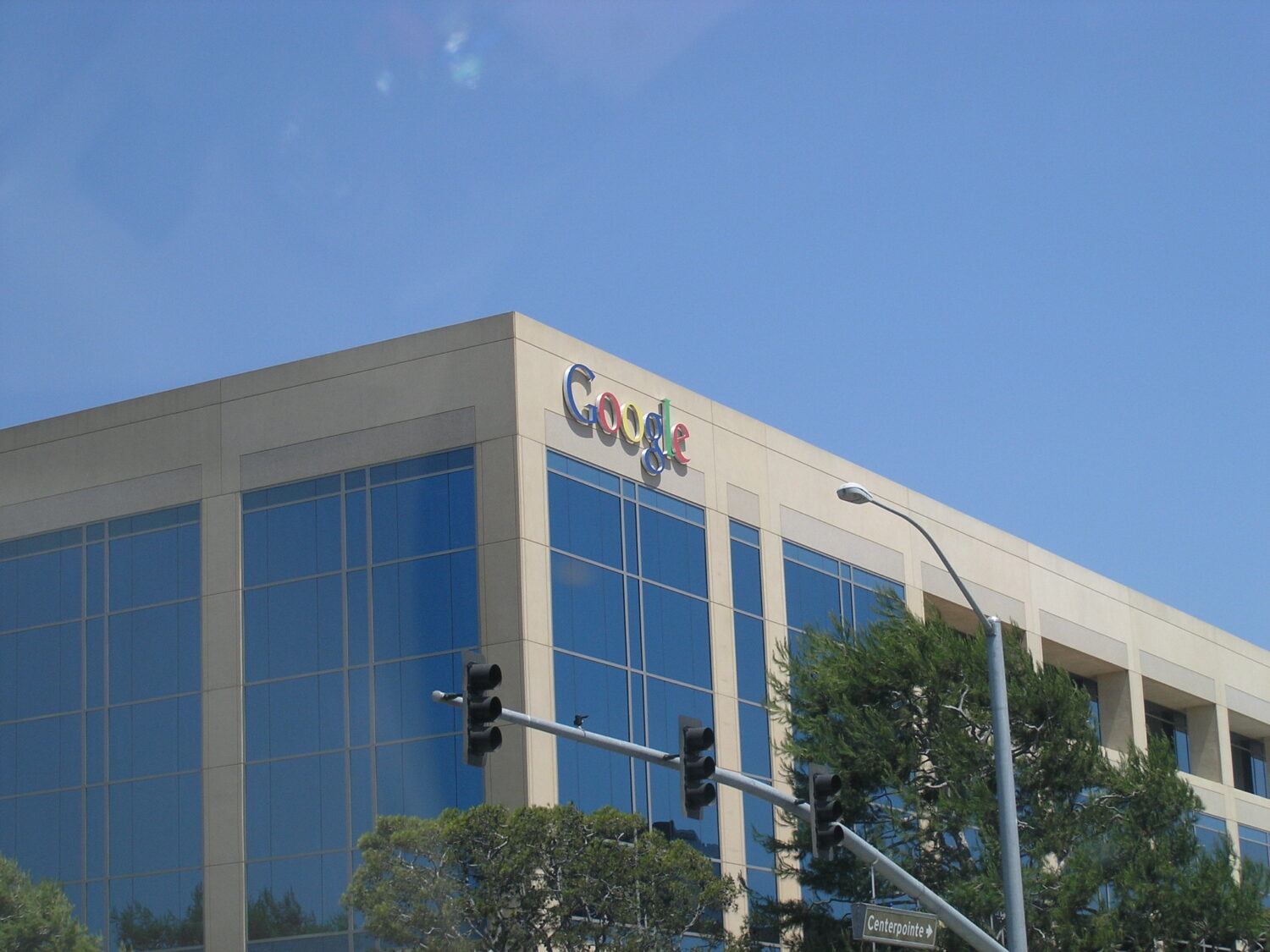Google, the online search giant owned by Alphabet, is facing a massive legal challenge from 32 European media groups, who have filed a lawsuit against the company for $2.3 billion.
The media groups, which include Axel Springer and Schibsted, allege that Google harmed their revenues by creating a less competitive market in the digital advertising sector.
What is the lawsuit about?
The lawsuit, which was filed in a Dutch court on Wednesday, accuses Google of abusing its dominant position in the digital advertising market, where it operates both as a seller and a buyer of online ads.
The media groups claim that Google used its power to favor its services, manipulate prices, and restrict access to data and technology for its rivals.
The media groups say that they have suffered significant losses as a result of Google’s practices and that they could have earned more revenue from advertising and paid fewer fees for ad tech services if the market was fair and transparent.
What is the evidence for the lawsuit?
The media groups cite several sources of evidence to support their lawsuit, including the French competition authority’s 220-million-euro fine against Google on its ad tech business in 2021, as well as the European Commission’s charges last year.
The French regulator found that Google had favored its ad server and ad exchange, and harmed the interests of publishers and other ad tech providers. The European Commission accused Google of restricting the ability of third-party websites to display ads from Google’s competitors.
The media groups also refer to their own experiences and data, which show that Google has a dominant position in the digital advertising market and that it has used its power to harm their businesses.
According to the media groups, Google controls more than 90% of the search engine market, more than 80% of the online video market, and more than 50% of the display advertising market in Europe.
The media groups say that Google has used its control over these markets to impose unfair terms and conditions, charge excessive fees, and limit the choice and quality of ads for consumers and publishers.
How did Google respond to the lawsuit?
Google has dismissed the lawsuit as “speculative and opportunistic”, and said that it works constructively with publishers across Europe.
Google said that its advertising tools adapt and evolve in partnership with publishers and that it offers them various options and benefits, such as higher revenues, lower costs, and more control over their ads.
Google also said that it disagrees with the EU antitrust charges against its ad tech business and that it will defend itself against the allegations.
What are the implications of the lawsuit?
The lawsuit is one of the biggest legal challenges that Google has faced in Europe, and it could have significant implications for the digital advertising industry and the online media landscape. If the media groups win the lawsuit, Google could be forced to pay a huge amount of damages and change its ad tech practices to comply with the competition rules.
This could create more opportunities and choices for publishers and advertisers, and improve the quality and diversity of online content for consumers. However, the lawsuit could also face a long and complex legal process, and Google could appeal the decision or reach a settlement with the media groups.
The outcome of the lawsuit is uncertain, but it shows the growing discontent and resistance of the European media sector against Google’s dominance and influence.
The lawsuit against Google by 32 European media groups is one of the biggest legal challenges that Google has faced in Europe, and it could have significant implications for the digital advertising industry and the online media landscape. The lawsuit is based on the allegations that Google abused its dominant position in the digital advertising market, and harmed the revenues and interests of the media groups.
Google has denied the allegations and said that it works constructively with publishers across Europe. The outcome of the lawsuit is uncertain, but it shows the growing discontent and resistance of the European media sector against Google’s dominance and influence.

